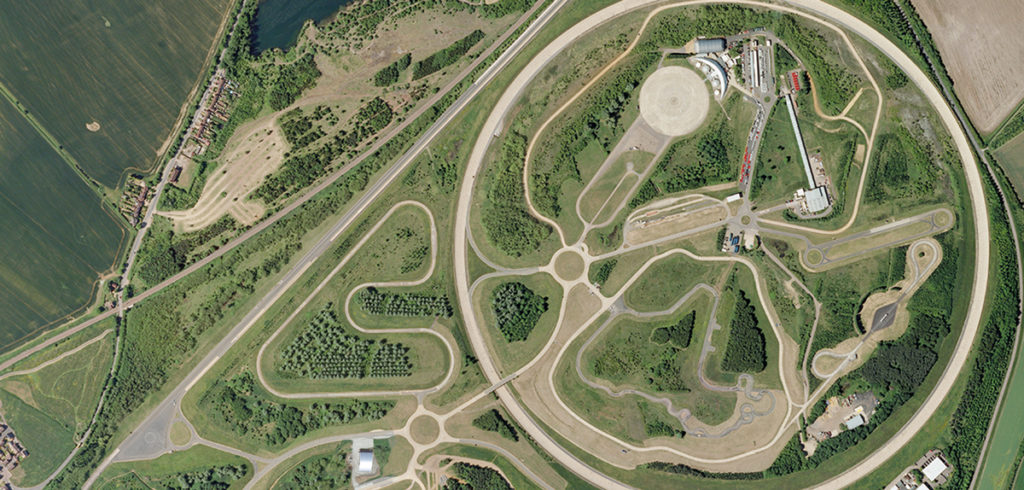Zenzic has awarded £1.2m (US$1.6m) in funding through the Cyber Securities Feasibility competition, which was launched to help advance the cybersecurity of self-driving vehicles.
“The UK has one of the world’s leading cyber-resilience industries. We have incredible academic institutions and testing facilities across the country, and have paved the way for cybersecurity technology development since the birth of the internet,” said Richard Porter, technology and innovation director at Zenzic.
The winners will help define the requirements for, and support the development of, a connected and automated mobility (CAM) cybersecurity testing capability in three key areas:
Finding ways to measure and maintain cyber-physical resilience and identify vulnerabilities, which will support the creation and testing of cyber-physical and software architectures, best practice in design and lifetime management.
Providing specifications to support the creation of new cyber test facilities for connected and self-driving vehicles.
Exploring commercial opportunities to develop new cyber-related services that can be deployed in the UK and across the global CAM marketplace.
The Cyber Securities Feasibility study is part-funded by the Centre for Connected and Autonomous Vehicles and delivered in partnership with Innovate UK. It is part of the government’s £100m (US$130m) CAM Testbed UK Fund, supporting the Future of Mobility Grand Challenge.
“With the advent of self-driving vehicles, the complexity of cyber-defences will increase as thousands of vehicles, pieces of road-side infrastructure and connecting systems need to share data securely. This is an opportunity for the UK to build on the decades of experience we already have and once again set the standards for the rest of the world to follow,” concluded Porter.


